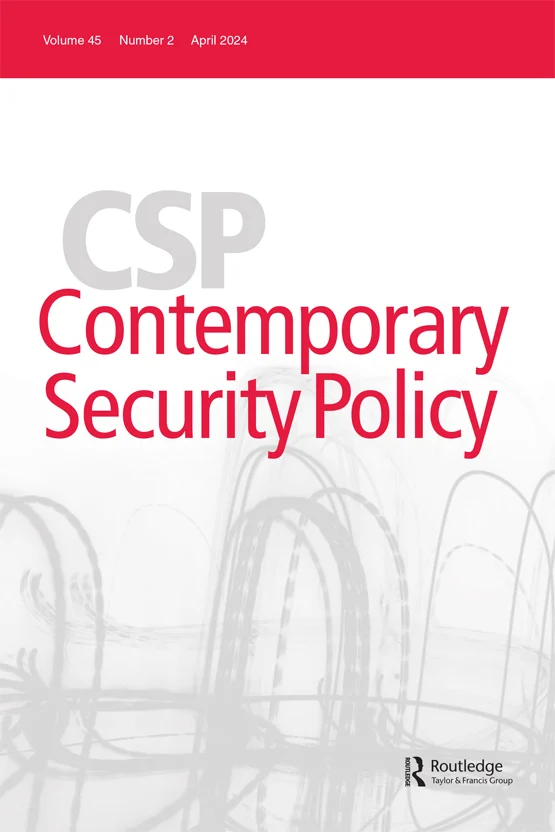Privatizing security and authoritarian adaptation in the Arab region since the 2010–2011 uprisings
IF 5
1区 社会学
Q1 INTERNATIONAL RELATIONS
引用次数: 0
Abstract
ABSTRACT Some Arab countries have since 2011 experienced intense security market diversification with considerable outsourcing of domestic security and guarding services. To date, scholars and security experts predominantly conceive this development within security reform processes or as an inevitable outcome of a chaotic post-uprisings period. Instead, this article situates some Arab states’ increasing reliance on private security actors within the evolving power dynamics and diverse challenges facing ruling elites and populations alike. Addressing how privatizing security contributes to perpetuating authoritarian practices post-2010, the article argues that contemporary security privatization and outsourcing provide alternative agents and strategies for control, while offering new venues to enrich and strengthen ruling elites. Guided by critical security studies and drawing on interviews, fieldwork and official documents, the article advances three ways through which outsourcing security supports practices of authoritarian adaptation: cultivating networks of patronage, diversifying ruling elites’ bases of security, and curbing constant sources of unrest.自2010-2011年起义以来,阿拉伯地区的安全私有化和独裁适应
自2011年以来,一些阿拉伯国家经历了激烈的安全市场多元化,国内安全和警卫服务外包相当大。迄今为止,学者和安全专家主要认为这种发展是在安全改革过程中发生的,或者是混乱的后起义时期的必然结果。相反,这篇文章将一些阿拉伯国家在不断变化的权力动态和统治精英和民众所面临的各种挑战中越来越依赖私人安全行为者。在探讨安全私有化如何助长2010年后的专制做法时,文章认为,当代安全私有化和外包为控制提供了替代代理和策略,同时提供了丰富和加强统治精英的新场所。在重要安全研究的指导下,通过访谈、实地调查和官方文件,本文提出了外包安全支持威权适应实践的三种方式:培养庇护网络,使统治精英的安全基础多样化,以及遏制持续的动荡来源。
本文章由计算机程序翻译,如有差异,请以英文原文为准。
求助全文
约1分钟内获得全文
求助全文
来源期刊

Contemporary Security Policy
Multiple-
CiteScore
14.60
自引率
6.80%
发文量
22
期刊介绍:
One of the oldest peer-reviewed journals in international conflict and security, Contemporary Security Policy promotes theoretically-based research on policy problems of armed conflict, intervention and conflict resolution. Since it first appeared in 1980, CSP has established its unique place as a meeting ground for research at the nexus of theory and policy.
Spanning the gap between academic and policy approaches, CSP offers policy analysts a place to pursue fundamental issues, and academic writers a venue for addressing policy. Major fields of concern include:
War and armed conflict
Peacekeeping
Conflict resolution
Arms control and disarmament
Defense policy
Strategic culture
International institutions.
CSP is committed to a broad range of intellectual perspectives. Articles promote new analytical approaches, iconoclastic interpretations and previously overlooked perspectives. Its pages encourage novel contributions and outlooks, not particular methodologies or policy goals. Its geographical scope is worldwide and includes security challenges in Europe, Africa, the Middle-East and Asia. Authors are encouraged to examine established priorities in innovative ways and to apply traditional methods to new problems.
 求助内容:
求助内容: 应助结果提醒方式:
应助结果提醒方式:


